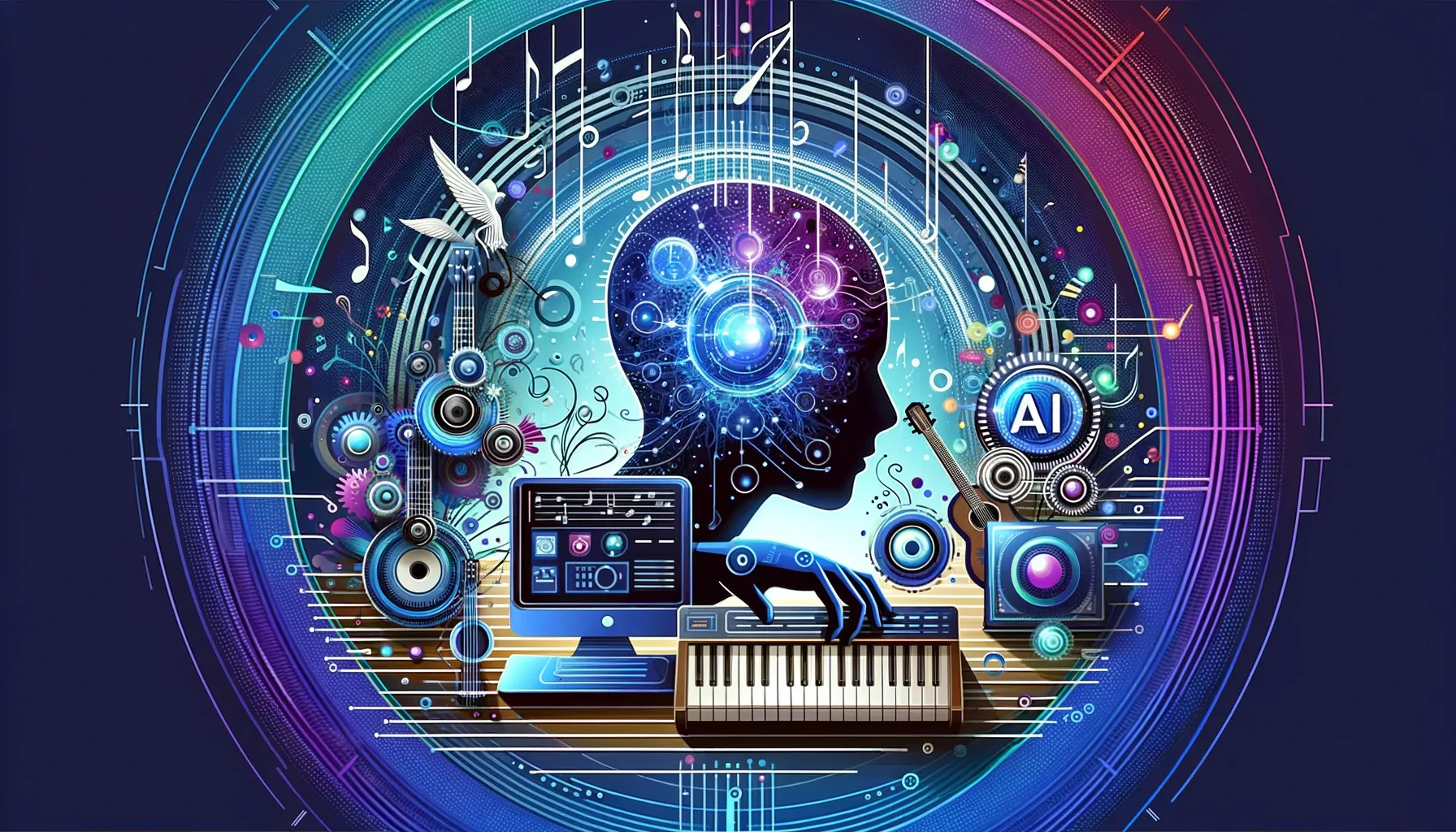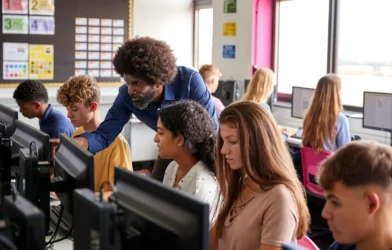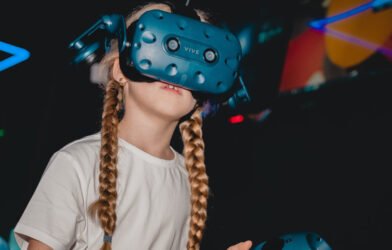Subtotal $0.00
Music has always been a universal language—an expression of culture, emotion, and identity. From ancient instruments carved from wood and stone to today’s AI-generated tracks, the journey of music has been nothing short of revolutionary. In 2025, we stand at the crossroads of tradition and innovation, where technology is reshaping not only how music is made but also how it is experienced.
🎧 Music Creation in the Digital Age
In the past, recording an album required an expensive studio, high-end equipment, and a team of producers. Today, a laptop, some affordable software, and a good microphone can turn anyone into a music creator. Digital Audio Workstations (DAWs) like Ableton, FL Studio, and Logic Pro have become the backbone of modern production.

Moreover, AI-powered tools are stepping into the spotlight. Platforms now offer AI-generated beats, chord progressions, and even lyrics. While some artists see this as a threat to creativity, others embrace it as a collaborator—an endless source of inspiration that can help break creative blocks.
📱 The Rise of Short-Form Music Content
Social media has always influenced music, but platforms like TikTok, Instagram Reels, and YouTube Shorts have transformed how songs go viral. Instead of long albums or extended singles, short clips—sometimes just 10 to 20 seconds—can launch a track to global fame.
This trend has created a new kind of artist: the viral musician. Songs like Lil Nas X’s Old Town Road and Olivia Rodrigo’s drivers license gained momentum through social sharing, redefining what it means to “make it” in the industry. For many musicians, success today is measured not only in streams or ticket sales but also in how well their sound resonates on these platforms.
🌍 Global Sounds, Local Voices
Thanks to streaming platforms like Spotify, Apple Music, and YouTube, listeners now have instant access to music from every corner of the globe. This has given rise to genre blending, where sounds from different cultures merge into new, hybrid styles.
Afrobeats, K-pop, reggaeton, and Latin trap have moved from regional genres to dominating global charts. Artists like Burna Boy, BTS, and Bad Bunny have proven that language is no longer a barrier—music transcends words. For young listeners, playlists are more likely to include tracks from five or six different languages than just one.
🎤 Live Music: From Arenas to Virtual Stages
The pandemic forced the music industry to experiment with live-streamed concerts, and while in-person shows are back in full swing, virtual performances remain part of the future. Artists are now hosting concerts inside video games like Fortnite and Roblox, attracting millions of fans who might never have attended a traditional stadium show.
At the same time, immersive technology like VR (Virtual Reality) and AR (Augmented Reality) is reshaping the live experience. Imagine putting on a VR headset and feeling like you’re in the front row of a Beyoncé concert, even if you’re sitting in your bedroom thousands of miles away.
🎹 Music and Mental Health

Another growing trend is the recognition of music’s power in mental wellness. Playlists for mindfulness, focus, and sleep are some of the most streamed categories on Spotify. Music therapy is gaining traction in hospitals, schools, and workplaces, as scientists continue to confirm what humans have known for centuries—music heals.
For creators, too, making music can be an act of self-care. With accessible apps and instruments, more people are turning to songwriting or sound mixing as a way to manage stress and express emotions.
🔮 The Future of Sound
Looking ahead, the music industry is likely to keep evolving at the pace of technology. AI could become an everyday collaborator for artists, NFTs and blockchain may reshape ownership rights, and fans might engage with musicians in the metaverse more than ever before.
But one thing will never change: music’s ability to connect us. Whether it’s a simple drumbeat, a symphony orchestra, or a song born from an algorithm, music remains deeply human at its core.
As we tune into the future, one question remains—how will the next generation of artists push the boundaries of sound and creativity? If history is any guide, the possibilities are endless.













